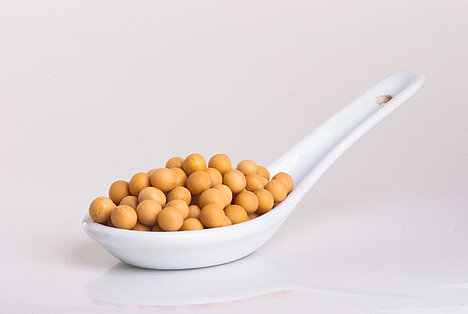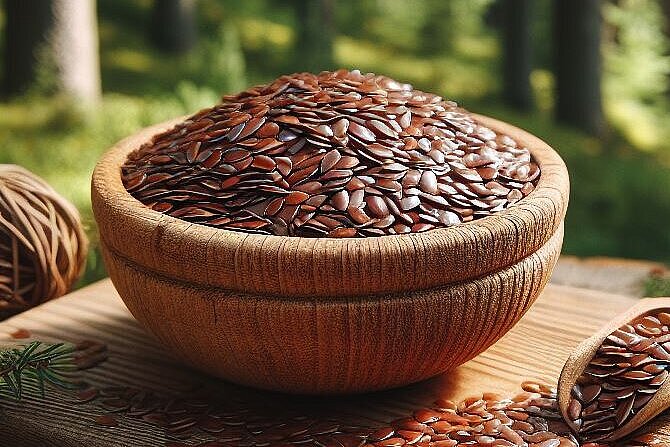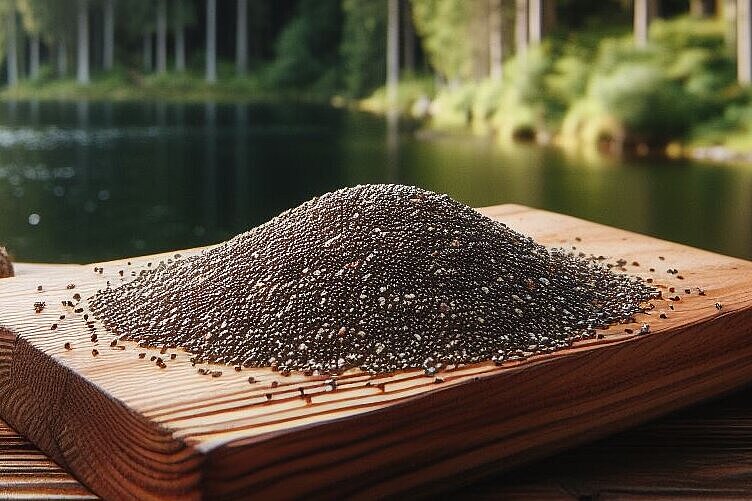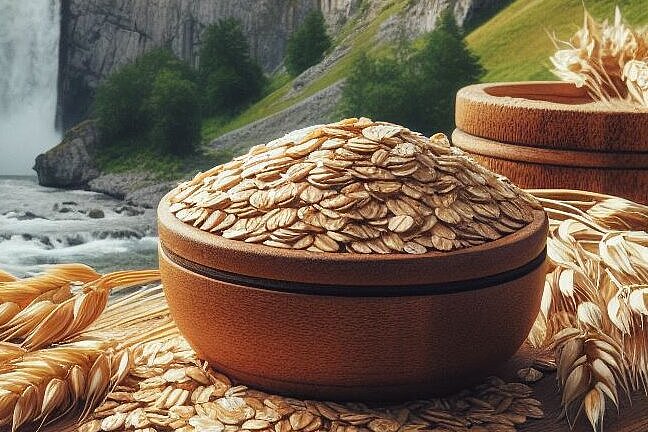Dietary fiber

The benefits of fiber for dogs
Dietary fiber can promote a dog's intestinal health by
- stimulating bowel movements and preventing constipation
- increasing the feeling of satiety and preventing obesity
- regulating blood sugar levels and preventing diabetes
- reducing harmful bacteria in the gut and promoting beneficial bacteria
The disadvantages of fiber for dogs
However, fiber can also have negative effects on dogs if they are fed too much or too little.
Too much fiber can:
- impair nutrient absorption and cause deficiency symptoms
- cause flatulence, diarrhea or vomiting
- Trigger allergies or intolerances
Too little fiber can:
- cause constipation or intestinal obstruction
- Increase the risk of colon cancer
How much fiber does a dog need?
There is no general recommendation for the optimal amount of fiber for dogs.
The requirements depend on various factors, such as
- the breed
- age
- the state of health
- activity level
- the food
In general, however, a healthy dog's diet should consist of around 5 to 10 percent fiber. For certain diseases such as diabetes or obesity, a higher amount may be advisable. Puppies or older dogs should be careful with too much fiber.
Which high-fiber foods are good for dogs?
There are different types of fiber that have different effects. A distinction is made between water-soluble and water-insoluble fiber.
Water-soluble fiber swells up in the intestine and forms a gel. They slow down digestion and lower blood sugar levels.
Water-soluble dietary fibers include, for example
- Pectin (apple, carrot etc.)
- Inulin (Jerusalem artichoke, artichoke etc.)
- Oligofructose (banana, strawberry, etc.)
Water-insoluble dietary fibers stimulate intestinal movements and accelerate digestion. They bind water and increase stool volume.
Water-insoluble fibers include, for example
- Cellulose (cereal bran etc.)
- Lignin (wheat bran etc.)
Good sources of fiber for dogs are for example
- Vegetables such as carrots, broccoli and spinach
- Fruit such as apples, pears and bananas
- Whole grains such as oats, rye and rice
- Legumes such as lentils and chickpeas
You should make sure that the high-fiber foods are well cooked or pureed so that the dog can digest them better. You should also always provide fresh water so that the dog does not become dehydrated.
Dietary fiber is an important part of a dog's diet. It can promote intestinal health, regulate weight and increase well-being. However, care should be taken to ensure that the dog does not get too much or too little fiber. The optimal amount depends on various factors and should be adjusted individually. Good sources of fiber are vegetables, fruit, cereals and legumes.
Properties 15
Are you looking for other ingredients with a specific property?
Just click on them to find more.
If you notice any signs of hypersensitivity or poisoning in your dog, you should see your vet immediately. We are not a substitute for a vet, but we try to be as accurate as possible. Every dog reacts differently and we recommend you get a second opinion or consult your vet if in doubt.
Stay healthy and take good care of your four-legged friend!😊
Similar to Dietary fiber
Whole grain products can be a useful addition to your dog's diet if they are fed in moderation and in combination with a high-quality protein source. They not only provide energy in the form of...
Linseeds are the seeds of the flax plant (Linum usitatissimum), which is primarily known for its fibers. The fibers are processed into linen fabric, which is used for clothing or bedding. The seeds...
Chia seeds have many positive properties for your dog's health. Here are some of them: They aid digestion by promoting intestinal flora and preventing constipation. They also bind water and swell...
Oat bran is a by-product of oatmeal production. When the oat grain is steamed, rolled flat and dried, oat flakes are produced. During this process, the outer layers of the grain are separated and...



